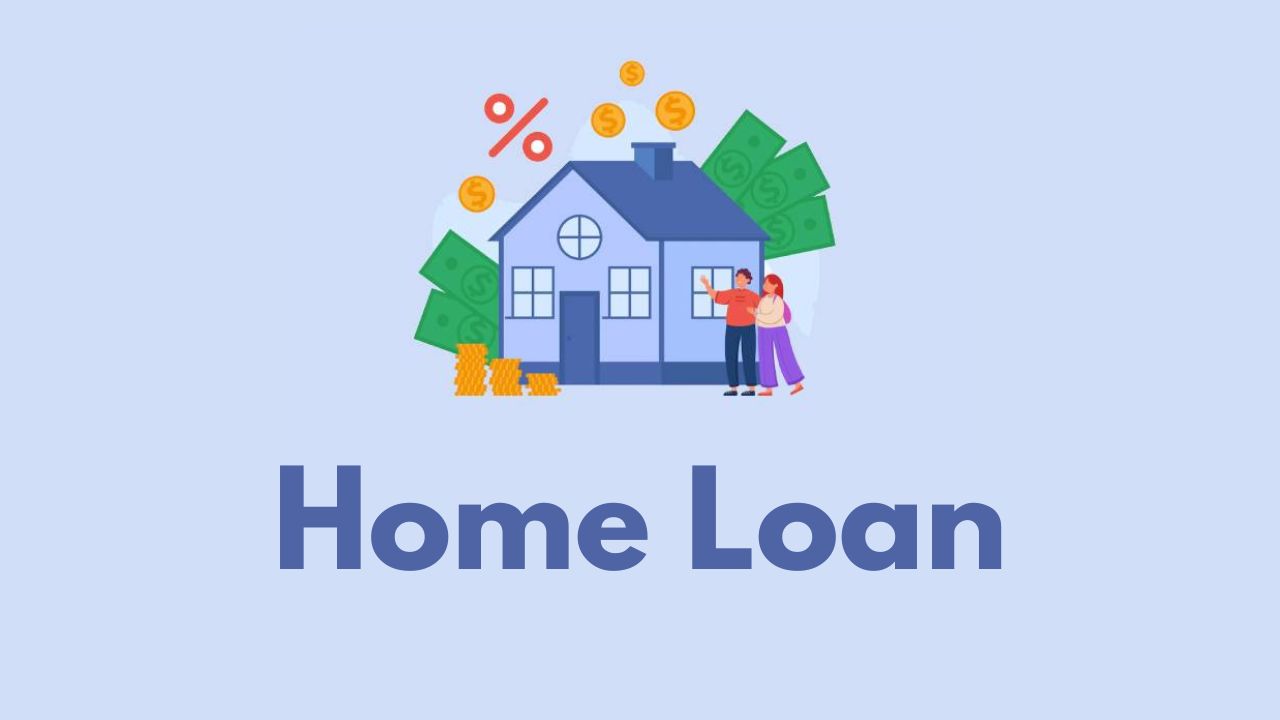Buying a home is one of the most significant financial decisions you’ll ever make, and applying for a home loan is a critical step in the process. Whether you’re a first-time buyer or a seasoned homeowner, understanding the home loan process can save you from costly mistakes and long-term regrets.
Here are the top 10 things you should know before apply for home loan:
1. Understand Your Credit Score
Your credit score plays a crucial role in your home loan application. It affects not only your eligibility but also the interest rate you’ll be offered. Generally, a score of 700 or above is considered good and can help you qualify for better loan terms.
Tips:
- Check your credit score through a free credit report provider.
- Dispute any errors and work on improving your score by paying down debts and making timely payments.
2. Know How Much You Can Afford
Before applying for a loan, you need to determine how much you can realistically borrow and repay. Lenders typically look at your debt-to-income (DTI) ratio, which compares your monthly debt payments to your gross monthly income.
Tips:
- Use online mortgage calculators to estimate how much house you can afford.
- Factor in all homeownership costs like taxes, insurance, maintenance, and utilities.
3. Save for a Down Payment
While some home loans allow you to put down as little as 3-5%, a larger down payment (20% or more) can:
- Reduce your monthly payments,
- Lower your interest rate,
- Help you avoid Private Mortgage Insurance (PMI).
Tips:
- Start saving early through automatic transfers to a dedicated savings account.
- Explore down payment assistance programs if you’re a first-time buyer.
4. Research Different Loan Types
Not all home loans are the same. The type of loan you choose should align with your financial goals and current situation.
Common loan types:
- Conventional Loans: Ideal for buyers with strong credit.
- FHA Loans: Government-backed; good for lower credit scores and smaller down payments.
- VA Loans: For veterans and active-duty military; often no down payment.
- USDA Loans: For rural homebuyers with moderate incomes.
5. Get Pre-Approved, Not Just Pre-Qualified
Pre-qualification is a quick estimate of what you might borrow, based on self-reported information. Pre-approval is more serious—it involves a hard credit check and document review by a lender.
Benefits of Pre-Approval:
- Strengthens your offer in a competitive market.
- Gives you a clear price range while shopping for homes.
- Shows sellers you’re a serious buyer.
6. Understand Interest Rates and Loan Terms
Your interest rate determines how much you’ll ultimately pay for your home over time. Even a 0.5% difference in rates can mean thousands of dollars saved or lost.
Fixed vs. Adjustable Rates:
- Fixed-Rate Mortgage (FRM): Interest rate remains the same throughout the term.
- Adjustable-Rate Mortgage (ARM): Interest rate may start lower but can increase over time.
Tips:
- Lock in a rate when you find a good one.
- Consider how long you plan to stay in the home.
7. Watch Out for Hidden Costs
The total cost of a home loan goes beyond the principal and interest. Many borrowers are surprised by closing costs and other fees.
Potential extra costs:
- Loan origination fees
- Title insurance
- Appraisal and inspection fees
- Escrow fees
- Property taxes and homeowners insurance
Tips:
- Ask for a Loan Estimate form to see all fees upfront.
- Set aside 2-5% of the home’s price for closing costs.
8. Maintain Stable Employment and Finances
Lenders value financial stability. A sudden job change, large deposit, or big purchase (like a new car) before or during the loan process can raise red flags.
Tips:
- Avoid changing jobs unless absolutely necessary.
- Don’t take on new debt (credit cards, car loans) while your application is in process.
- Keep your financial behavior steady until after the loan closes.
9. Shop Around for the Best Lender
Many buyers make the mistake of going with the first lender they speak to. However, different lenders offer different rates, fees, and terms.
Tips:
- Get quotes from at least three lenders.
- Compare Annual Percentage Rates (APRs), not just interest rates.
- Ask about customer service, turnaround time, and prepayment penalties.
10. Know the Documents You’ll Need
To complete your application and get pre-approved, you’ll need to provide a range of documents to verify your income, assets, and debts.
Commonly required documents:
- Pay stubs (last 30 days)
- W-2s and tax returns (last 2 years)
- Bank statements (last 2-3 months)
- Government-issued ID
- Proof of additional income (bonuses, alimony, etc.)
Having these documents ready will speed up the loan process and reduce stress.
Final Thoughts
Applying for a home loan can feel overwhelming, but being informed and prepared makes the process much smoother. By understanding your credit score, evaluating how much you can afford, choosing the right type of loan, and knowing what to expect along the way, you’ll set yourself up for long-term financial success and homeownership satisfaction.
For more read posts, click here









